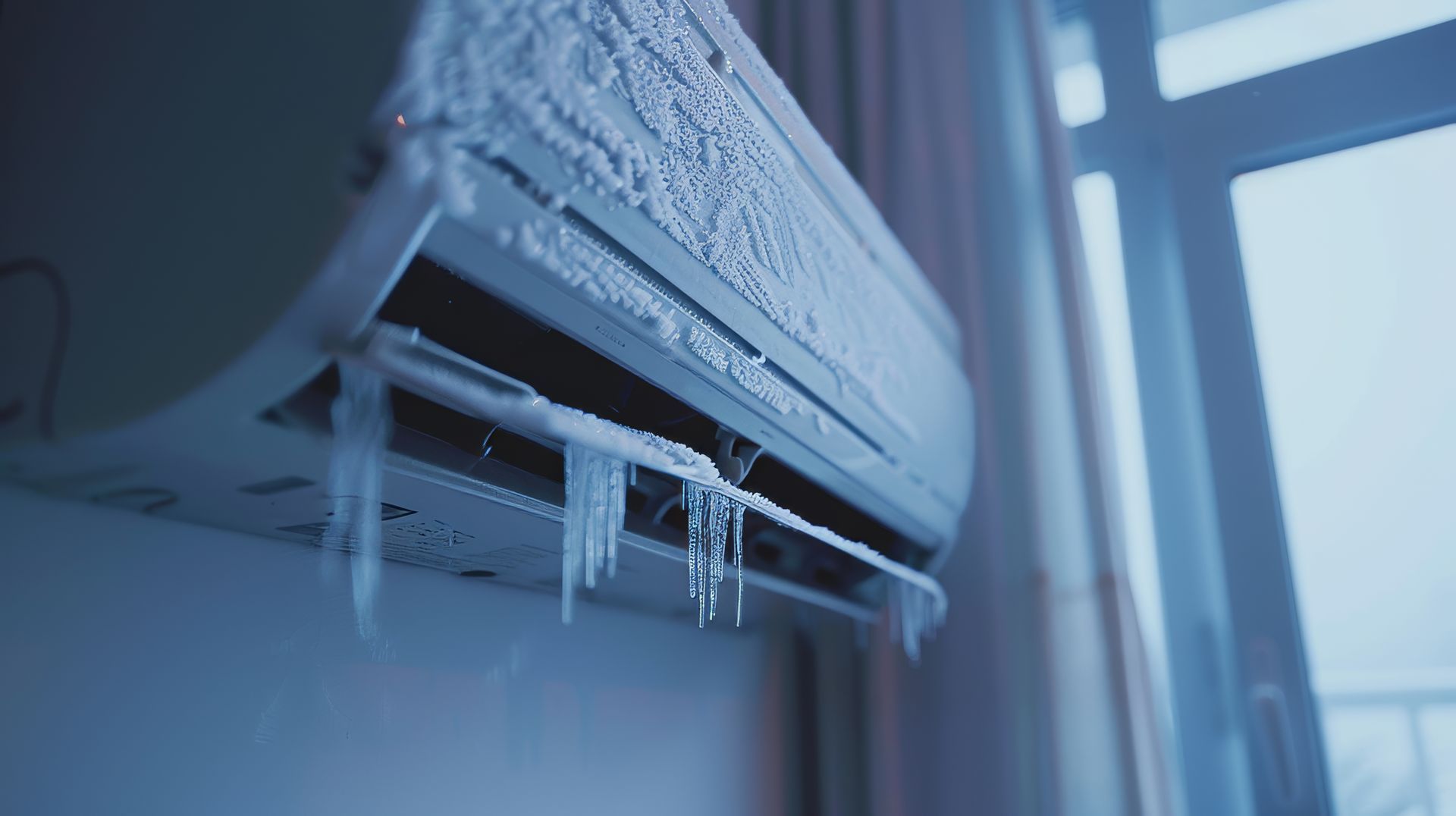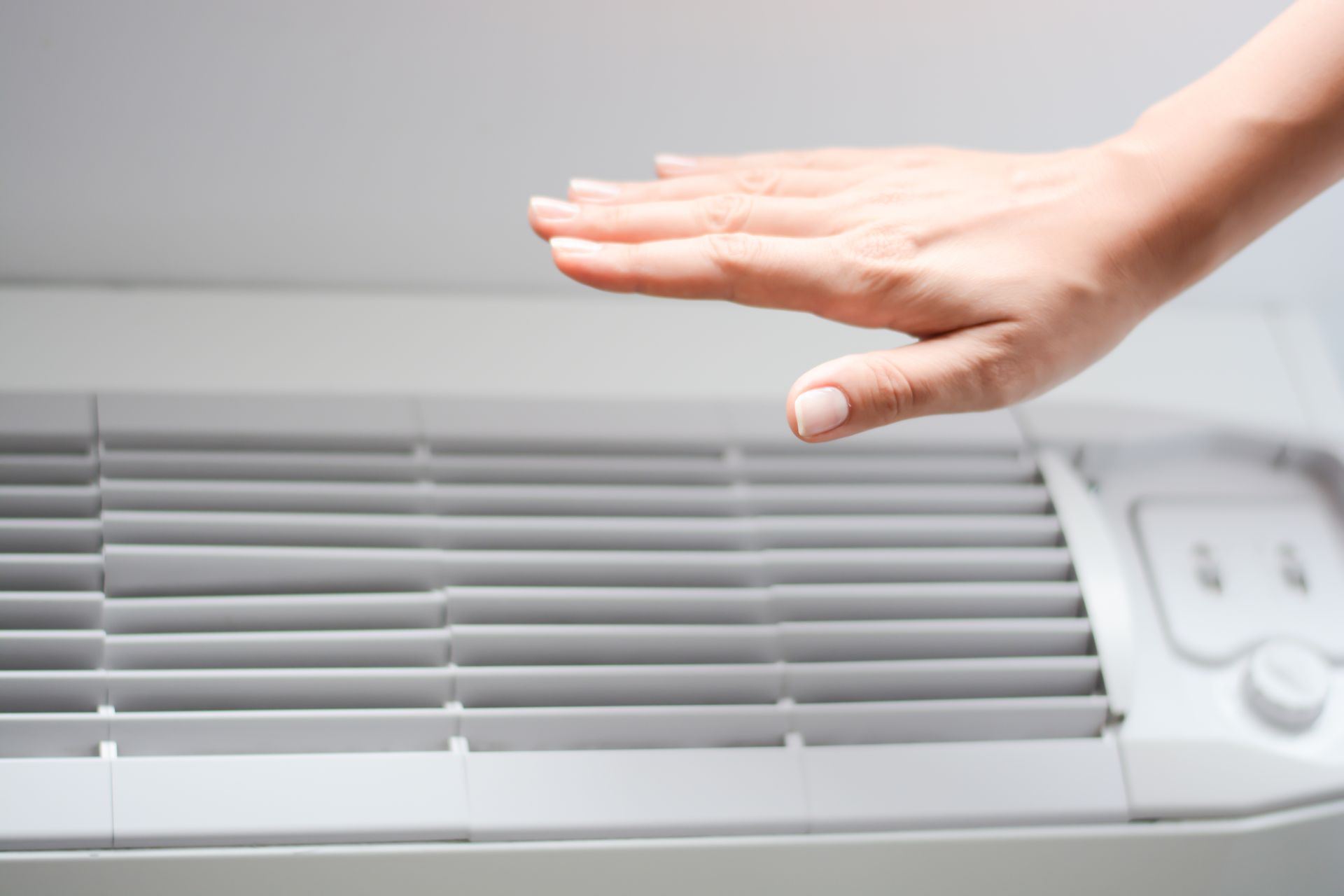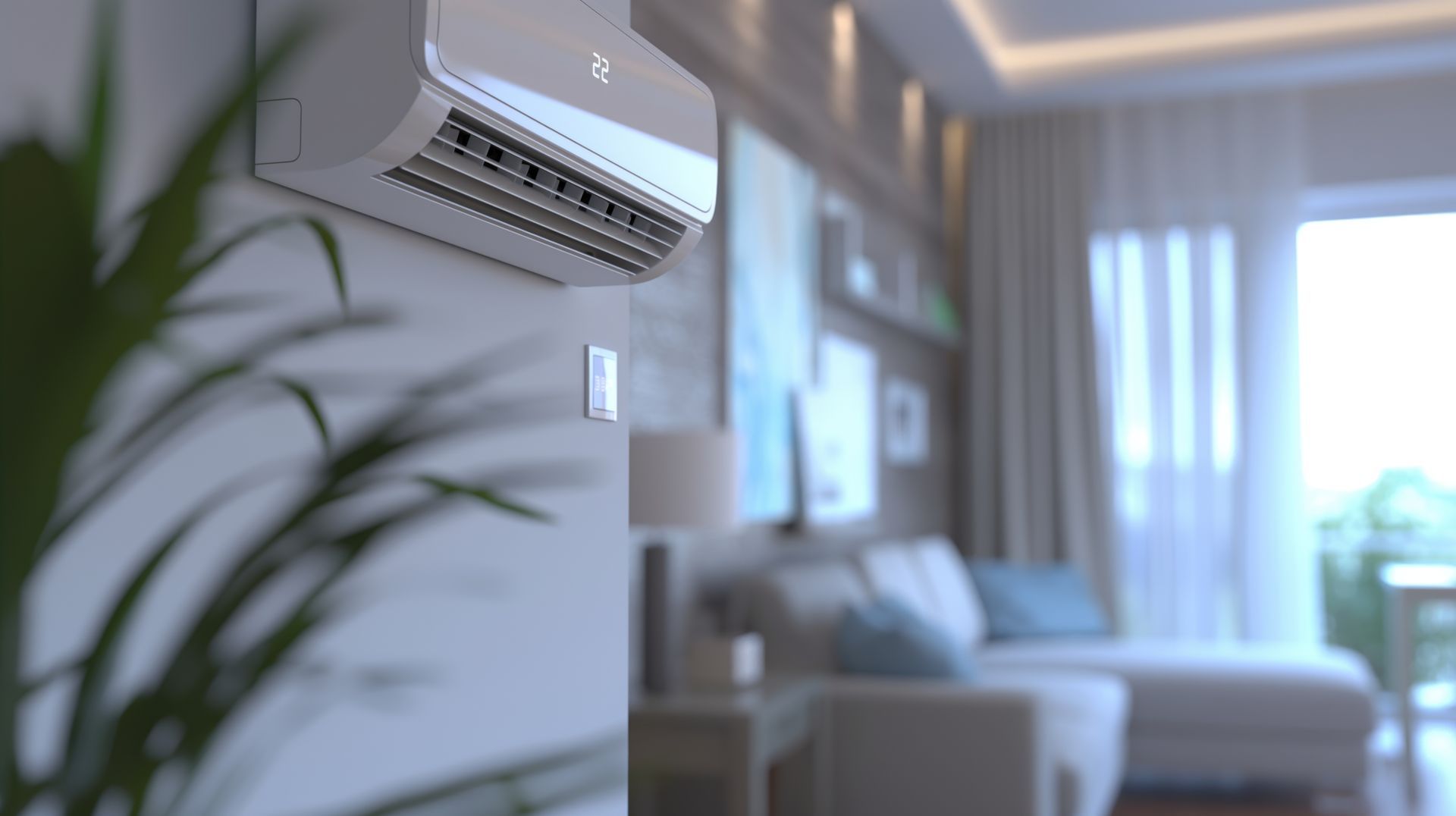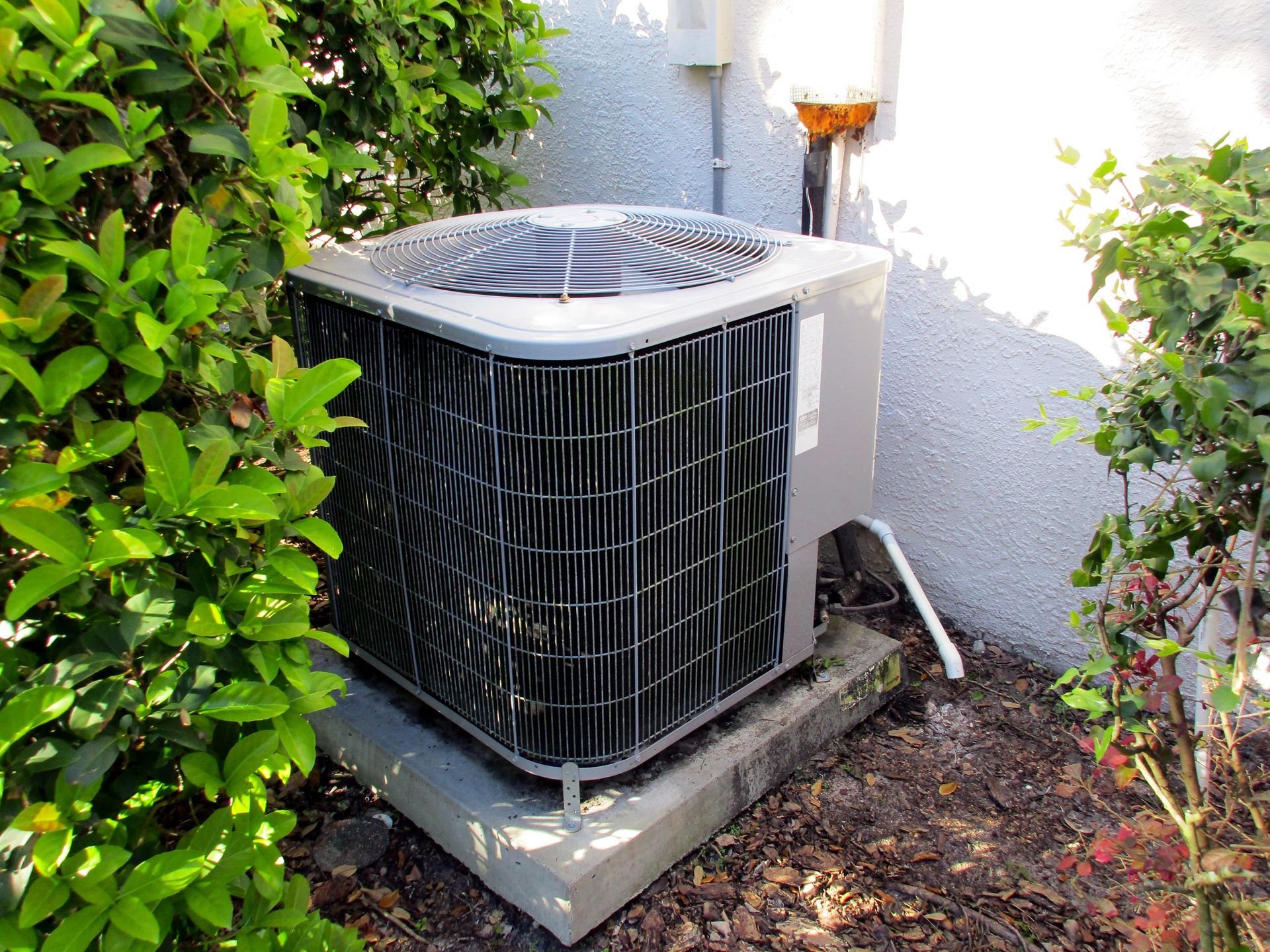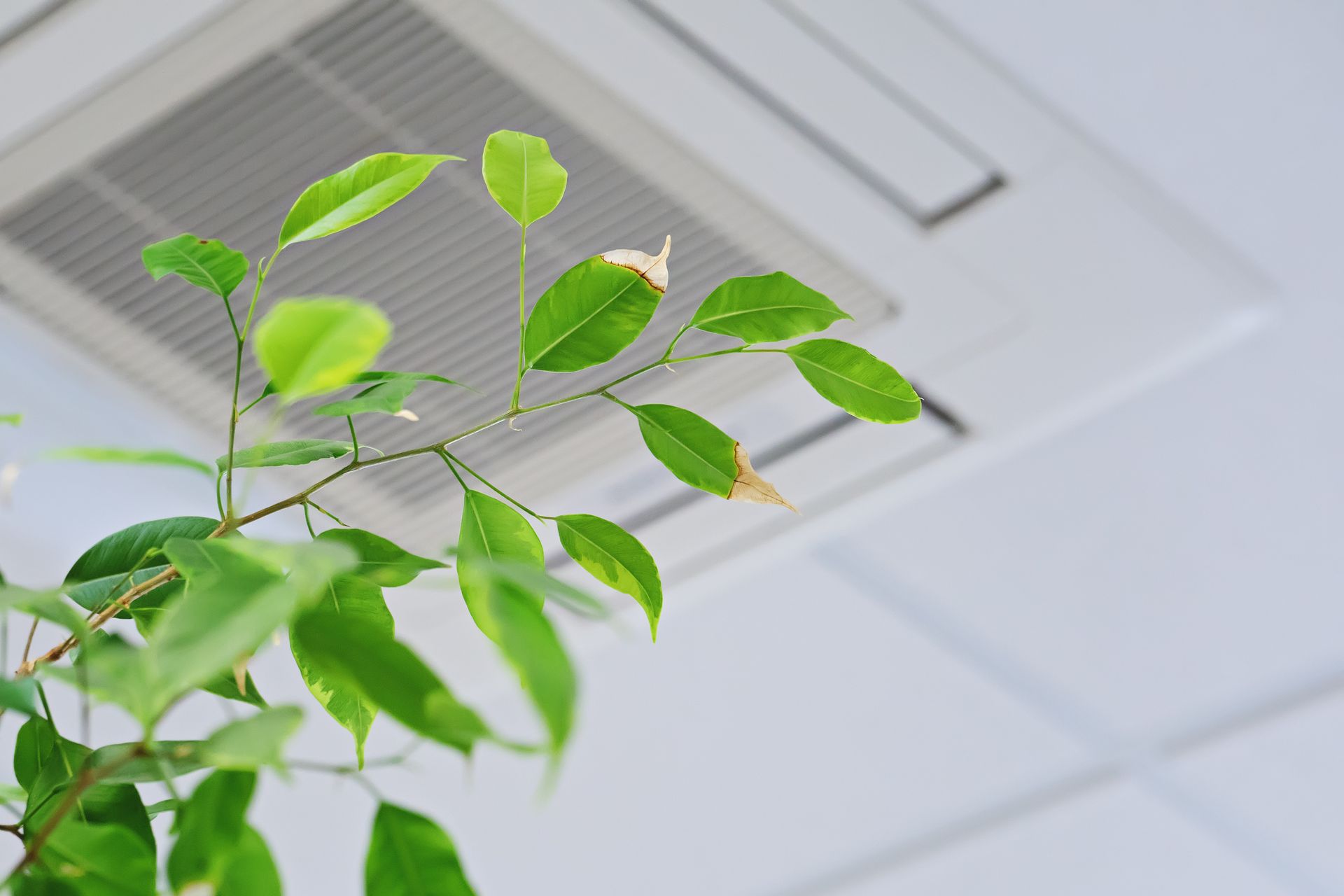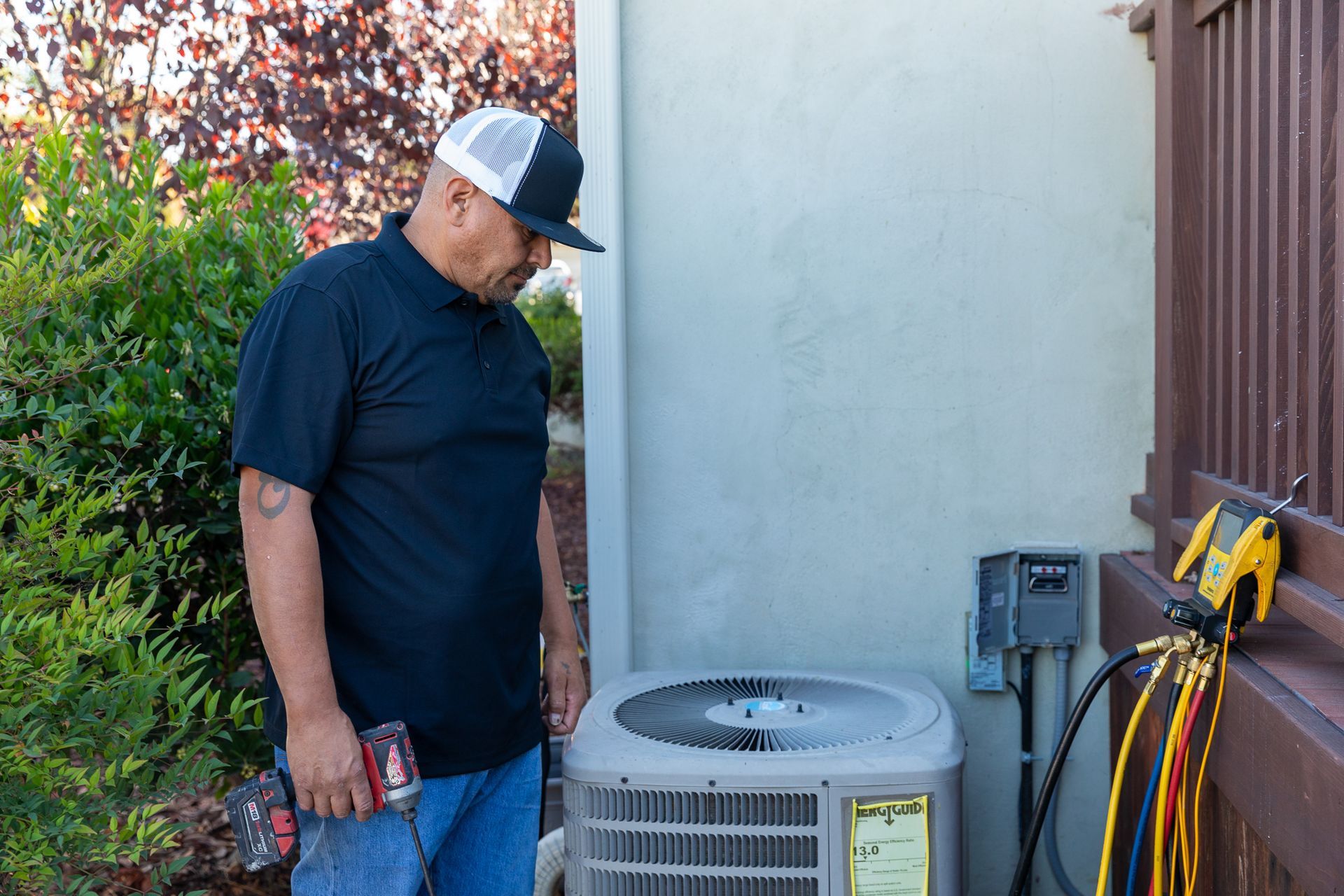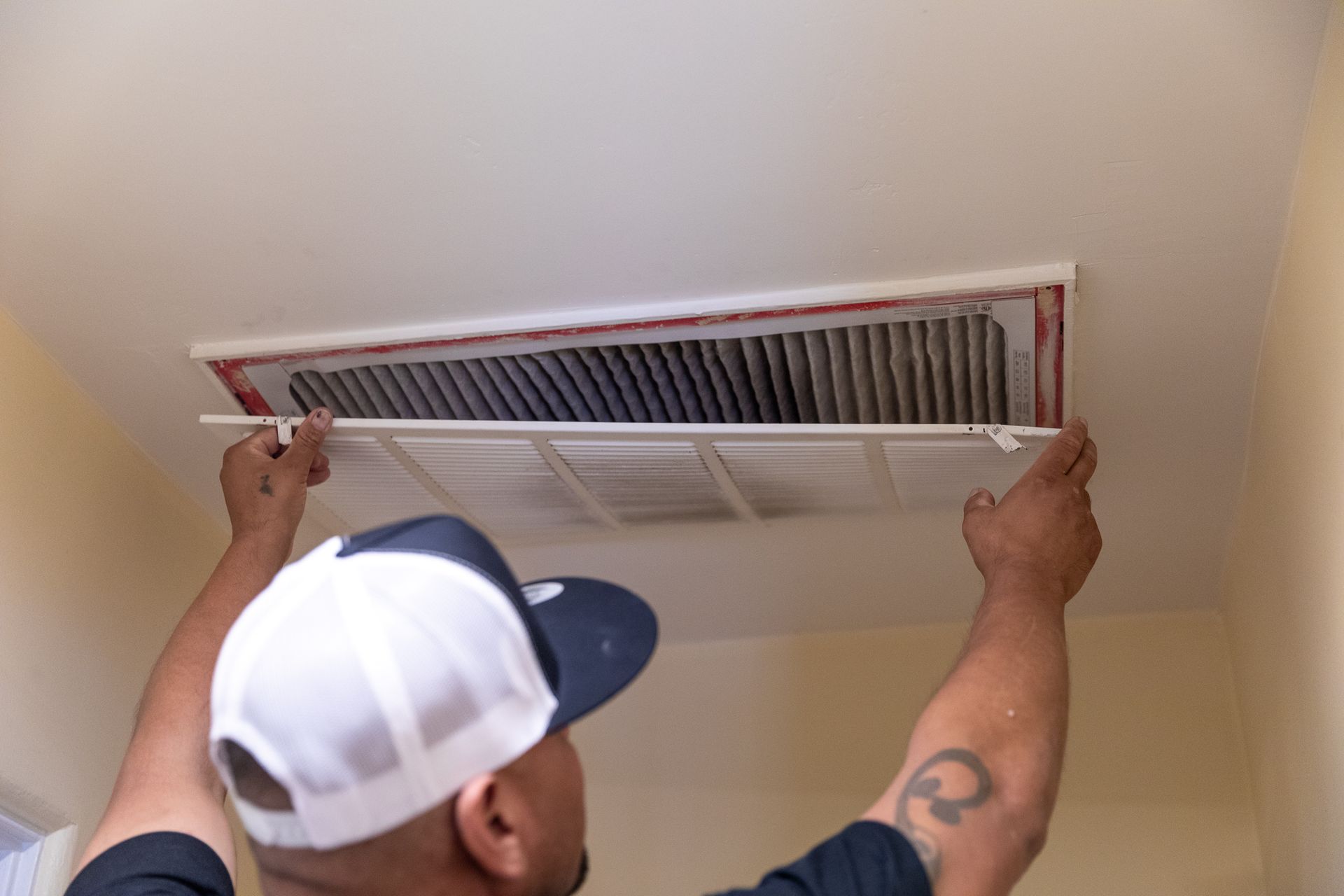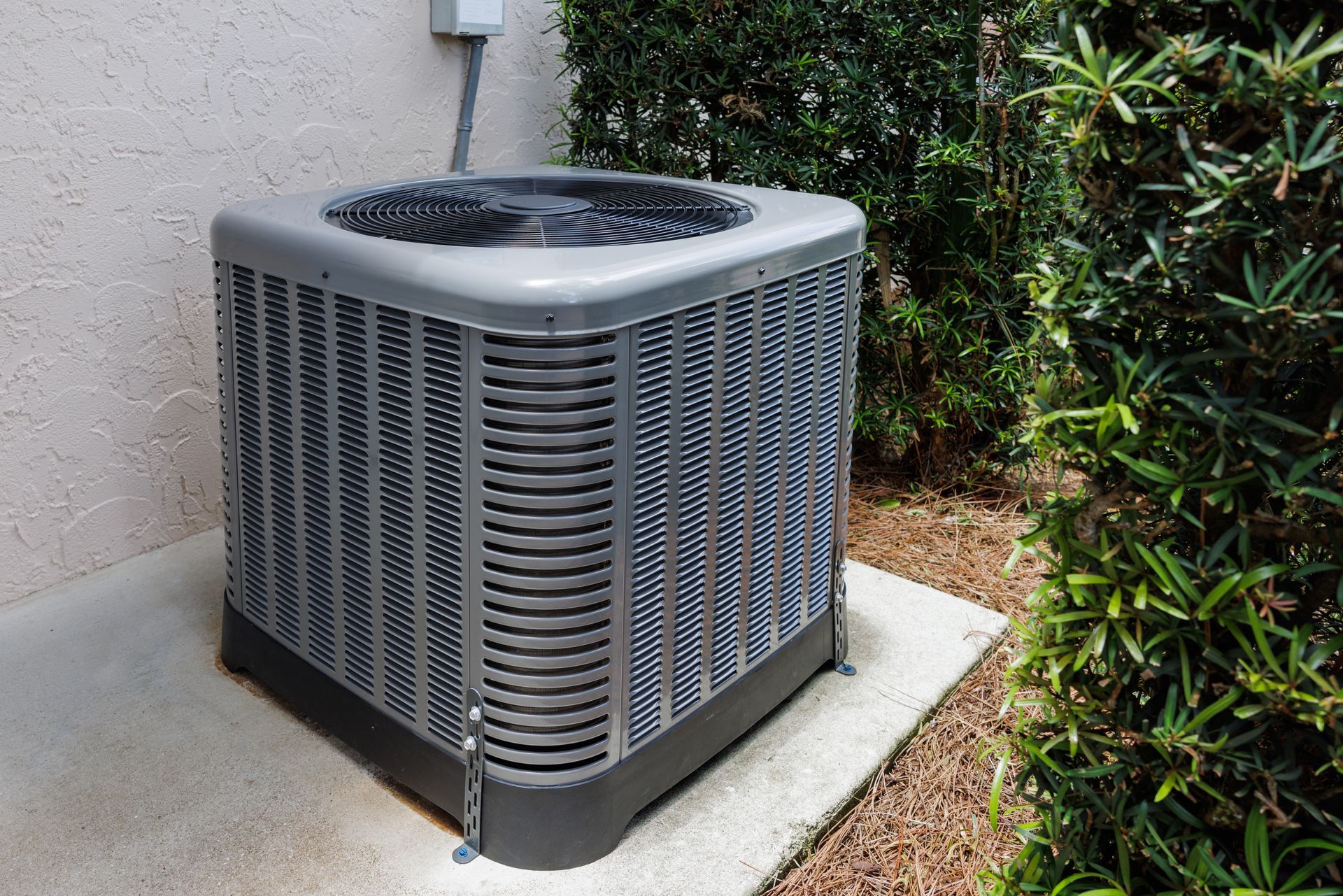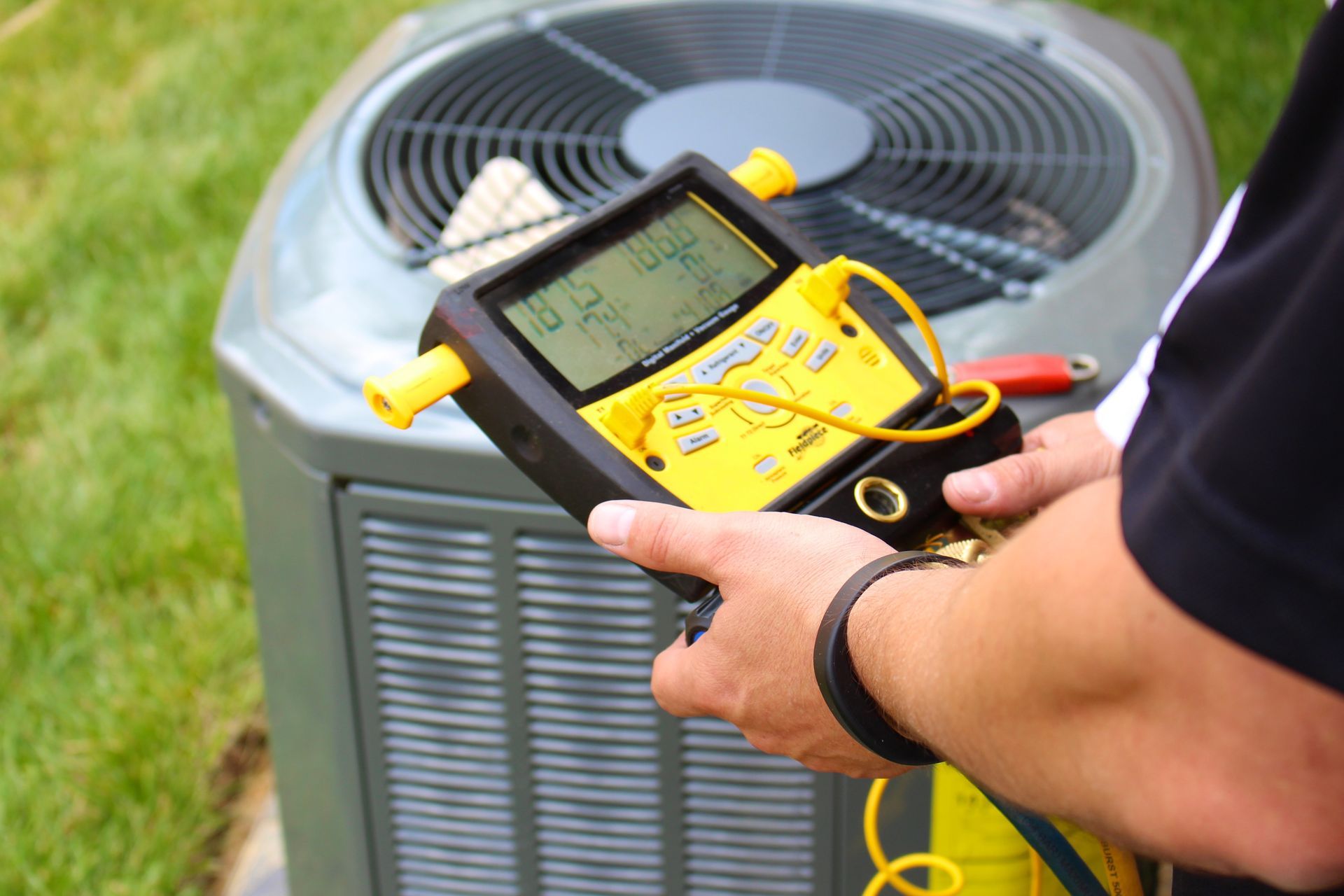Energy-Saving Tips for Your AC
During sweltering summer days, your air conditioning (AC) unit becomes your best friend, offering a much-needed respite from the heat. However, this comfort can come with a hefty price tag due to increased energy consumption. Fortunately, there are several strategies you can employ to use your AC more efficiently, keeping your home cool while also saving on energy bills. Here are some energy-saving tips to help you make the most of your AC unit without breaking the bank.
1. Regular Maintenance is Key
The efficiency of your AC unit heavily depends on its condition. Regular maintenance, such as cleaning or replacing filters monthly during the cooler seasons, ensures your system runs smoothly. A clean filter improves air flow and air quality in your home, reducing the unit's energy consumption by up to 15%. Additionally, have a professional service your AC system annually to check for issues that could decrease efficiency, such as leaks or mechanical wear and tear.
2. Upgrade to a Smart Thermostat
Smart thermostats can significantly reduce energy usage by adjusting the temperature based on your schedule and preferences. By learning your habits, these devices can cool your home when you're there and save energy when you're not, potentially lowering your energy bills by up to 10%. Plus, many smart thermostats offer remote control via smartphones, allowing you to adjust settings anywhere, anytime.
3. Utilize Fans for Air Circulation
Fans can be used in tandem with your AC to circulate cool air more effectively throughout your home. This allows you to raise the thermostat setting by about 4°F with no reduction in comfort. Ceiling fans, in particular, are excellent for distributing air, but remember to turn them off when leaving the room to save energy.
4. Seal Leaks and Insulate
Ensure your windows, doors, and ductwork are properly sealed to prevent cool air from escaping. Use weather stripping or caulk to seal leaks around windows and doors. Additionally, consider installing insulation for your home, especially in the attic and walls, to keep the cool air inside. This can significantly reduce the workload on your AC, leading to lower energy consumption.
5. Adjust Your Thermostat Wisely
Setting your thermostat to the highest comfortable temperature can lead to substantial savings. The smaller the difference between the indoor and outdoor temperatures, the lower your overall cooling bill. Aim for a setting of 78°F when you're at home and awake, and increase it when you're asleep or away from home.
6. Use Window Treatments to Your Advantage
Sunlight streaming through windows can increase the temperature in your home. Use blinds, shades, or curtains to block the sun's rays during the hottest parts of the day. This simple action can reduce the heat gain in your home, allowing your AC to work more efficiently.
7. Consider Upgrading Your AC Unit
If your AC unit is old and inefficient, it might be time to consider an upgrade. Newer models are significantly more energy-efficient, thanks to technological advancements and stricter energy standards. Look for units with a high Seasonal Energy Efficiency Ratio (SEER) rating. Although the initial investment may be higher, the energy savings over time can make it worthwhile.
Final Thoughts
By implementing these energy-saving tips, you can enjoy a cooler home without dreading high energy bills. Regular maintenance, smart thermostat usage, strategic air circulation, proper sealing and insulation, wise thermostat settings, effective use of window treatments, and considering an upgrade are all steps in the right direction. Not only will these strategies help save money, but they'll also contribute to a more sustainable and environmentally friendly cooling approach.

